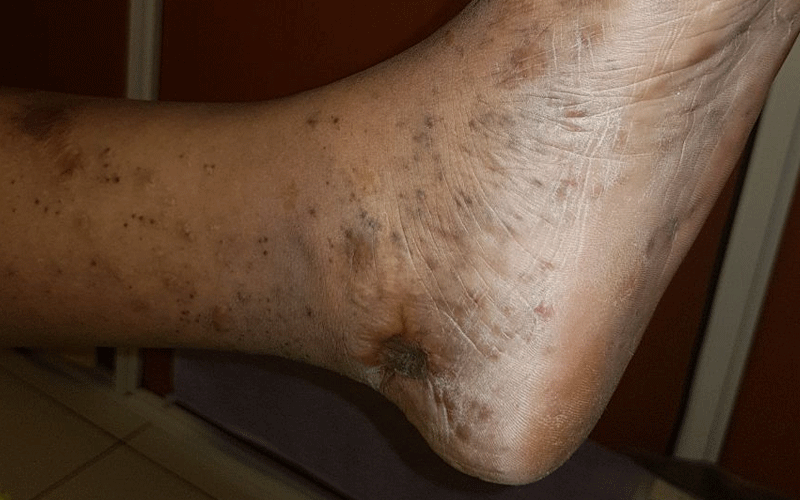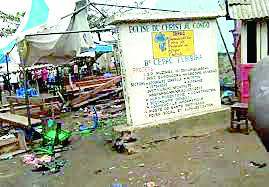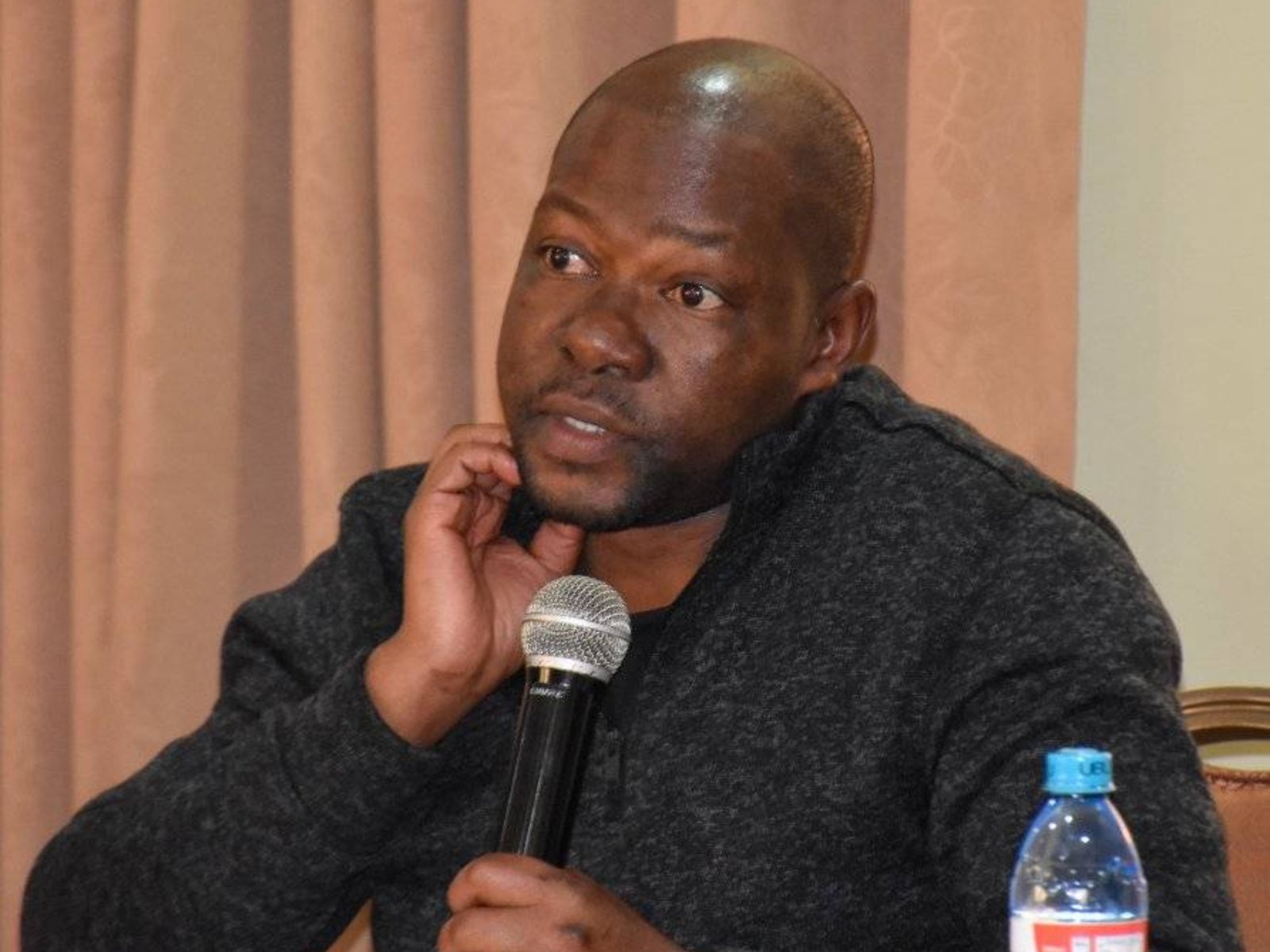Why we didn’t let terror attack kill spirit of hope

Njeri Maina @njerimainar
Today marks seven years since the Westgate terror attack and while the horrific event may be a faint memory in the minds of many to Rachel Wambui Muraya the shrapnel still stuck on her left leg are a constant reminder of the day.
Rachel’s right leg was amputated following the attack and she uses a prosthetic leg and a cane to support herself.
Still, her radiant smile shows she remains unbowed by adversity.
“I am so grateful to be alive. It is hard, but I am hopeful of a better tomorrow.
I still get anxious whenever I hear of terrorist attacks in the country, but I am determined to live life on my own terms and not give in to fear.
I want to spread the message of hope,” Rachel who operates the Ray Rayah salon at The Boma hotel says.
Another survivor, Joan Burgess, a renowned dancer and musician has taken a long time to come to terms with what she went through.
She has undergone trauma counselling, which has helped her deal with the haunting images.
After the attack, she would question why she escaped unscathed while so many people were maimed or lost their lives.
Counselling has helped her come to terms with her emotions. She is also using art as therapy.

She recently released a song dubbed Tired Feet, which speaks about the need to live life again, just like tired feet can dance again.
The song, she says, is meant to encourage anyone who has gone through adversity to push on, no matter what scars life has inflicted on them.
“This experience taught me about the strength and resilience of the human spirit in the midst of adversity.
I hope to spread the message of hope to anyone going through adversity through my song and through a book, which details my experiences at the Westgate Mall,” Joan concludes.
These two women have for the last seven years walked a journey of pain, ut
ter trepidation and emerged victorious, but had they been asked how 21 September 2013 would have panned out, none of them would have imagined that they would be a cast in a horrific scene of the third major terror attack on Kenyan soil.
The day dawned just like any other normal day, a lazy Saturday ideal for weekend activities. Unbeknown to many, this day would change their lives.
On that fateful day four gunmen invaded the Westgate Mall and terrorised people in the mall.
When the guns fell silent, over 67 lives were lost, 200 people were injured and those who were lucky to escape without physical injuries were left with emotional scars.
Gunshots and screams
That day, Rachel headed to her daily job as a beautician at Ashley’s Salon, which was located at Westgate Mall.

At around noon, they heard loud gunshots. She raced upstairs to the rooftop where there was a children’s event, hoping to be safer there.
They would hear more gunshots and people screaming even as they waited for their uncertain fate.
Unable to bear it any longer, Rachel decided that it was safer to jump from the rooftop to the ground floor.
But before she could execute her plan, a grenade was hurled at them. She remembers feeling no pain and just seeing her thigh blown into pieces.
The masked gunmen began shooting people then everything went silent.
Around same time, in another part of the mall, Joan was hiding in a toilet stall. She had gone into the mall to withdraw some cash from the ATM, enroute to a yoga class, only to be caught in the attack.
She remembers hiding in the washroom with several people in what seemed to be an interminable time.
She recalls the panic and feelings of helplessness in the small room, with one of the women receiving text messages that family members had been killed.
The woman wanted to rush outside and be killed too as she felt she had nothing to live for, but Joan managed to convince her to stay.
After four hours in the washroom, teargas smoke started to fill the stalls. Scared and unsure of what lay ahead, the group started making their way outside.
One of the people hiding in the stalls with them worked in the maintenance department and she led them to a fire exit nearby.
They would meet other mall goers running in the same direction, as they all rushed to safety or the arms of the armed gunmen.
She remembers running out scared, seeing the police barricade outside and the officers gesturing for them to stay low.
As for Rachel, she later learnt from relatives that she had been carried from the rooftop by Dr. Abbas Gullet, former Red Cross boss, while unconscious and rushed to a nearby hospital.
While she remained unconscious doctors debated whether to amputate both legs, as the grenade damage was extensive.
In the end, they amputated one leg and saved the other, albeit with shrapnel still embedded in the nerves.
Removing the shrapnel would have posed the risk of permanently damaging her nerves.
Five surgeries later, Rachel tries to keep a happy demeanor. However, she is currently struggling to move around as her prosthetic leg, fitted by Kenya Red Cross in 2014 is old and torn.
“I am hoping to get well wishers to help me get a new prosthetic foot. Prosthetic legs are made of soft silicone and have a lifetime of three years. I have had this one since 2014, as I cannot afford a new one.
It is now torn, so I have to wear a paper bag on it when showering,” she further explains.














